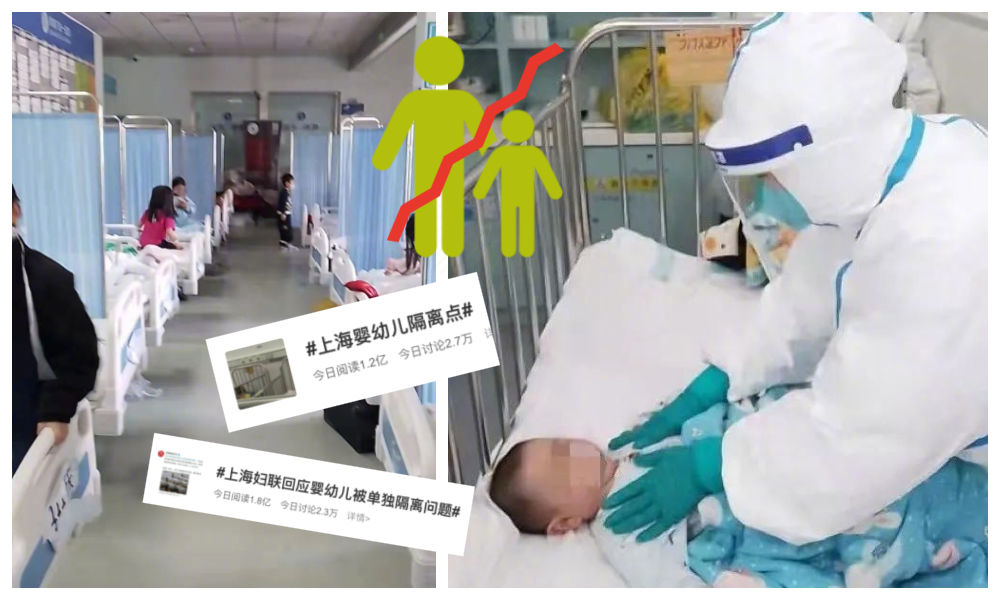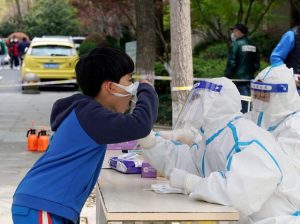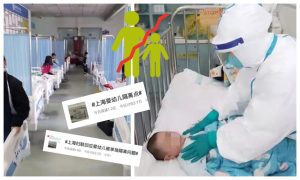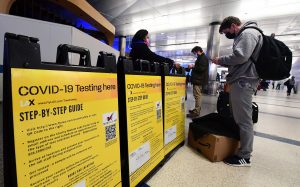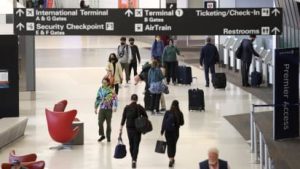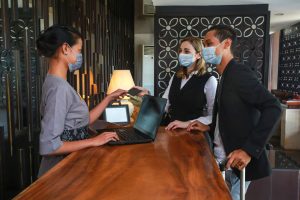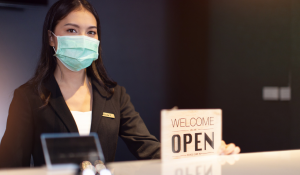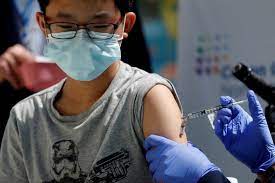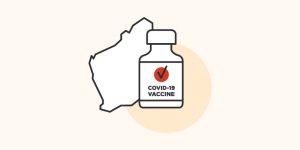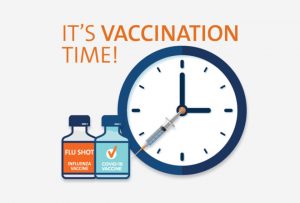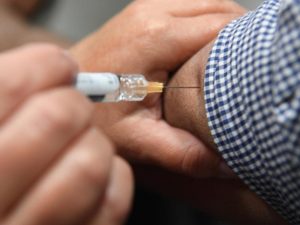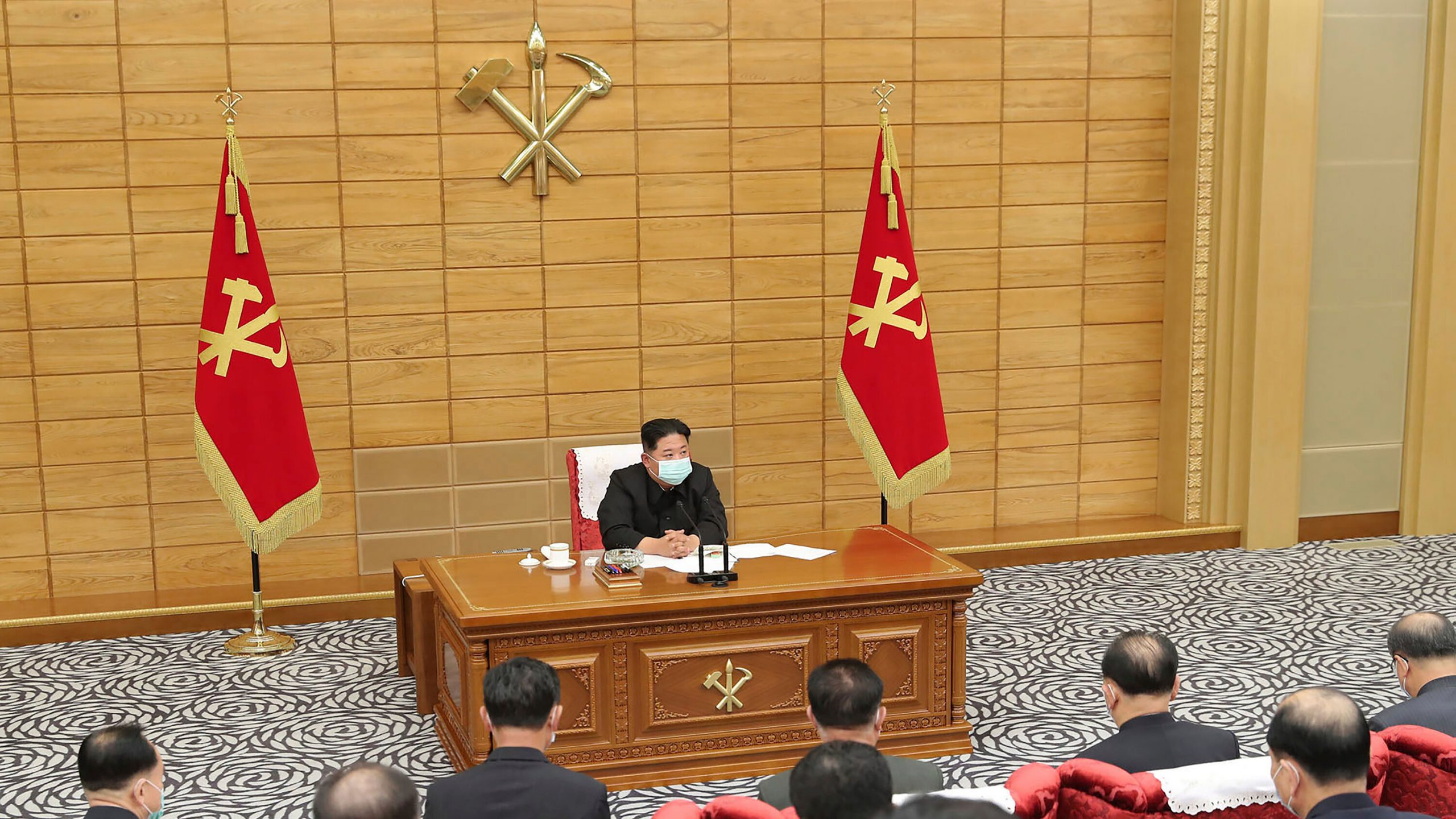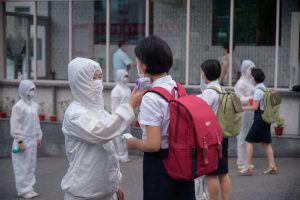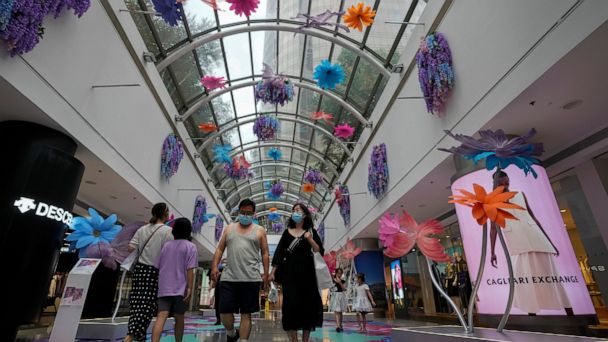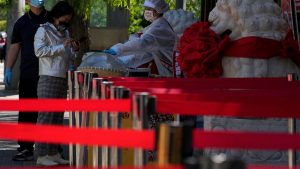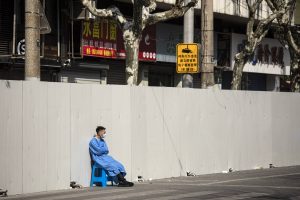1. Queensland’s new COVID-19 ‘traffic light’
Everyone now need a travel pass to enter Queensland.
Anyone entering Queensland will be required to fill out an online travel declaration, regardless of whether they have been to a COVID-19 hotspot.
The “traffic light” system came into effect from 1:00am on Saturday.
All travellers entering Queensland from interstate or on a quarantine-free flight from New Zealand must comply with the new declaration process — that includes returning Queensland residents.
The online form can be completed up to three days before arriving in Queensland.
Queensland Health said it should take about three minutes to fill out and the declaration would be issued immediately via email.
The travel declaration scheme operates similarly to Victoria’s “traffic light” system.
A green pass means you have not visited a COVID-19 hotspot and can travel freely into the state.
If you have been to an interstate exposure site, you will be issued with an amber pass and required to follow particular quarantine conditions on arrival.
If you have been to a declared COVID-19 hotspot, you will be directed to fill out a second form to obtain a Queensland border declaration pass.
Declared hotspots are “red zones”, meaning you will not be permitted to enter unless you are a Queensland resident or are coming for a limited range of essential purposes.
Returning Queenslanders must hotel quarantine at their own expense.
Residents living in border zone communities do not need to fill out the new travel declaration form unless they have recently visited other areas outside Queensland.
This requirement may change if an exposure site is declared within the border region.

2. Businesses shut down for failure to comply with restriction regulation
Several businesses in Victoria have been shut down by the government for failing to comply with coronavirus restrictions, including the QR code rules.
The state government has said seven Victorian businesses had been shut down for breaches of the Chief Health Officer’s COVID-19 directions.
A retail store in St Albans was shut down for unauthorised trading during lockdown.
A health and beauty business in South Melbourne was also closed for exceeding density limits and having no density quotient signage, no COVIDSafe plan and no QR code check-in system in place.
Fines of $1652 were also handed to a hospitality venue in Essendon and a retail venue in Campbellfield for not having the Victorian Government’s QR code check-in system in place.
Authorised officers reported 168 instances of businesses not complying with the QR code system over the past week.
Acting Police Minister Danny Pearson said QR code data was critical for contact tracers being able to get on top of outbreaks quickly with “no excuse” accepted.
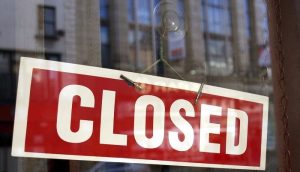

3. Unvaccinated children warned in the UK
The drive to vaccinate all adults over the age of 18 in the UK could lead to the concentration of Covid-19 cases in schoolchildren, a leading British virologist has warned.
Under-18s would then become reservoirs in which new variants of the virus could arise, said Julian Tang, of Leicester University.
Tang was speaking as Public Health England revealed a 79% rise in one week in cases of the Delta variant of Covid, first identified in India. A race is now on between the vaccination programme and the emergence of a third wave of the virus, say scientists.
However, Tang sounded a note of caution. Most recent data indicates that the main focus of infections was now in the under-30s who have not yet been extensively vaccinated, he said. “The predominance of the Delta variant over the previous Alpha variant now confirms an increased transmissibility over this earlier variant – and a much higher transmissibility over the original virus,” he added.
As the Covid-19 vaccination programme progressed into younger and younger age groups, this process would drive the virus into the under-18s, who are not yet scheduled to be vaccinated. “As a result, the virus will concentrate in school-age populations, which will eventually become a reservoir and driver of any ensuing Delta variant epidemic, as well as being a hotspot in which new mutations may arise,” Tang said.

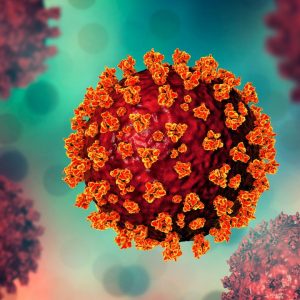
4. Delta variant more resistant but vaccines still effective
A British study published in the Lancet medical journal in early June looked at levels of neutralising antibodies produced in vaccinated people exposed to the Delta, Alpha (first identified in Britain) and Beta (first identified in South Africa) variants.
It found that antibody levels in people with two doses of the Pfizer/BioNTech shot were six times lower in the presence of the Delta variant than in the presence of the original COVID-19 strain on which the vaccine was based.
The Alpha and Beta variants also provoked lower responses, with 2.6 times fewer antibodies for Alpha and 4.9 times fewer for Beta.
A French study from the Pasteur Institute concluded that neutralising antibodies produced by vaccination with the Pfizer/BioNTech jab are three to six times less effective against the Delta variant than against the Alpha variant.
According to data published on Monday by Public Health England, vaccination with Pfizer/BioNTech and AstraZeneca is as effective at preventing hospitalisation in the case of the Delta variant as it is in the case of the Alpha variant.
Two doses of the Pfizer/BioNTech jab prevent 96 percent of hospitalisations due to the Delta variant, while AstraZeneca prevents 92 percent, according to a study involving 14,000 people.
The Pfizer/BioNTech vaccine is 88 percent effective against symptomatic Covid caused by the Delta variant two weeks after the second dose, while the jab is 93 percent effective for cases caused by the Alpha variant.
AstraZeneca shows efficacy of 60 percent against cases caused by the Delta variant and 66 percent in the case of Alpha.
Scottish authorities published similar data on Monday in the Lancet.
The team behind the Sputnik V jab meanwhile tweeted on Tuesday that theirs was “more efficient against the Delta variant… than any other vaccine that published results on this strain so far”.
They did not publish results but said the study by the Gamaleya Center, a Russian research institute, had been submitted for publication in an international peer-reviewed journal.

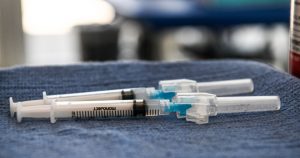
5. 1 billionth Covid-19 shots in China
China announced on Sunday that it had launched its first billion attacks on the world’s largest coronavirus inoculation drive
The world’s death toll from COVID-19 now exceeds 3.8 million and many countries are still fighting the outbreak, but vaccination in some countries has led to unthinkable activity months ago.
According to official sources, the Chinese vaccine milestone is after the number of injections given worldwide on Friday exceeded 2.5 billion.
However, the Asian giant’s vaccination efforts got off to a slow start at first after a successful fight against the virus.
Lack of transparency and previous vaccine scandals have also led to resistance among many inhabitants.
Authorities have set an ambitious goal of fully immunizing 40% of China’s approximately 1.4 billion people by the end of this month.
Some states offer free vaccines to encourage people to roll up their sleeves. Residents of central Anhui are given free eggs, and some residents of Beijing receive shopping coupons.
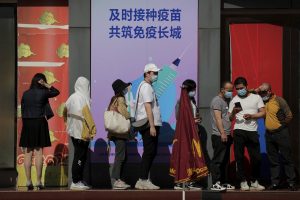
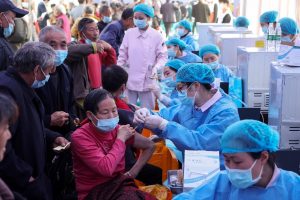
6. Brazil’s pandemic death toll tops 500,000 led to demonstrations
Brazil, which became the second country after the United States, which surpassed 500,000 COVID-19 deaths on Saturday.
Vaccination efforts are slow, with only 11% of Brazil’s population being vaccinated, as the third wave of infection spreads across the country.
Far-right President Jair Bolsonaro, who had previously been vaccinated, promised to immunize the entire population by the end of the year-experts believe it is unlikely.
From the beginning he has been criticized for downplaying the illness, opposition to blockades, and interfering with unproven treatment.
On Saturday, thousands of Brazilians went back to the streets to protest his treatment of the pandemic.
Anti-government protesters took to the streets in more than a score of cities across Brazil on Saturday as the nation’s confirmed death toll from COVID-19 soared past half a million — a tragedy many critics blame on President Jair Bolsonaro’s attempt to minimize the disease.
Thousands gathered in downtown Rio de Janeiro waving flags with slogans such as “Get out Bolsonaro. Government of hunger and unemployment.”
“Brazil is experiencing a great setback. The country was an exemplary country for vaccination in the world. We have widely recognized institutions, but today we are in a sad situation ”, said Isabela Gouljor, a 20-year-old student who joined the protest in Rio.
Other marchers hoisted posters reading: “500 thousand deaths. It’s his fault,” alluding to Bolsonaro.
Similar marches took place in at least 22 or Brazil’s 26 states, as well as in the Federal District, Brasilia. They were promoted by left-wing opposition parties who have been heartened by Bolsonaro’s declining poll ratings with next year’s presidential race looming.




 COVID-19 Around the World4 years ago
COVID-19 Around the World4 years ago
 Cuisine Explorer5 years ago
Cuisine Explorer5 years ago
 Tagalog5 years ago
Tagalog5 years ago
 Uncategorized5 years ago
Uncategorized5 years ago
 Cantonese - Traditional Chinese5 years ago
Cantonese - Traditional Chinese5 years ago
 Uncategorized5 years ago
Uncategorized5 years ago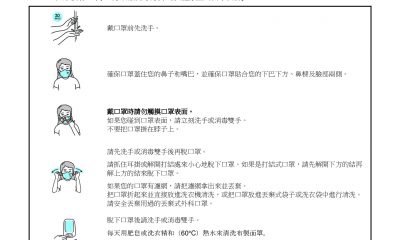
 Uncategorized5 years ago
Uncategorized5 years ago












